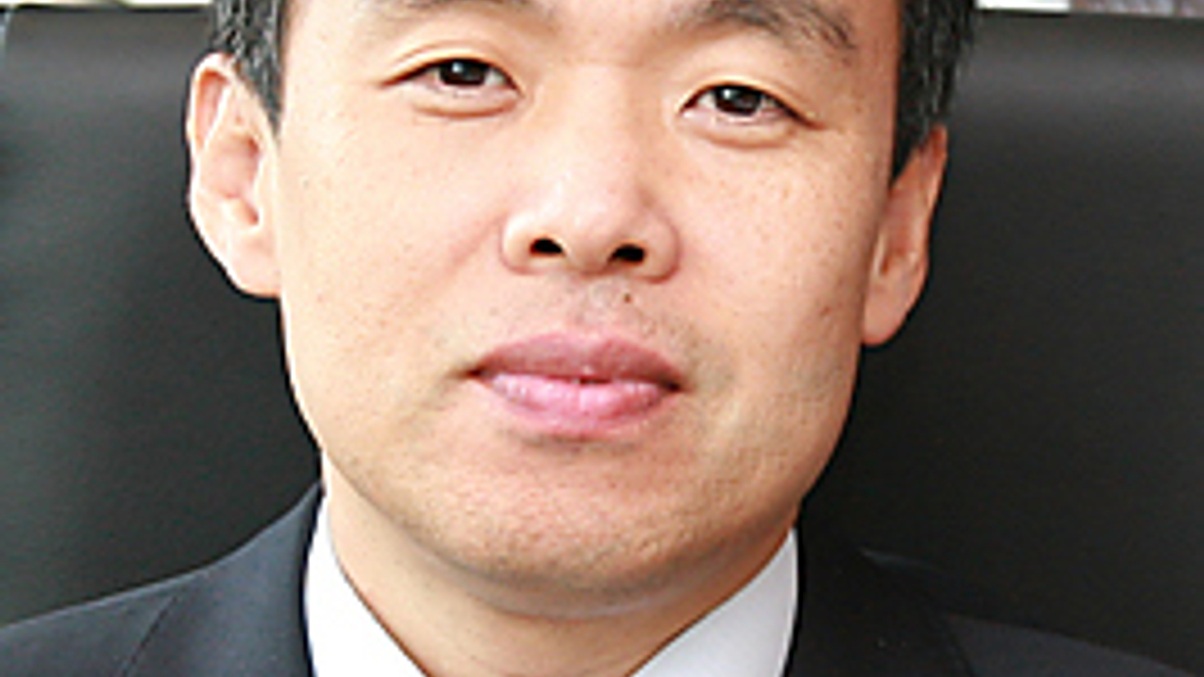Korea will catch on to diversity, says Cho Jaemin
KB Asset Management is one of the few firms in Korea to combine strategic investment styles under one roof. Its chief, Cho Jaemin, thinks locals will soon come to realise the benefits.

Korean investors are renowned for focusing on quick profits above long-term investments, making the country’s fund flows both unstable and, at times, unpredictable.
Sign in to read on!
Registered users get 2 free articles in 30 days.
Subscribers have full unlimited access to AsianInvestor
Not signed up? New users get 2 free articles per month, plus a 7-day unlimited free trial.
¬ Haymarket Media Limited. All rights reserved.


